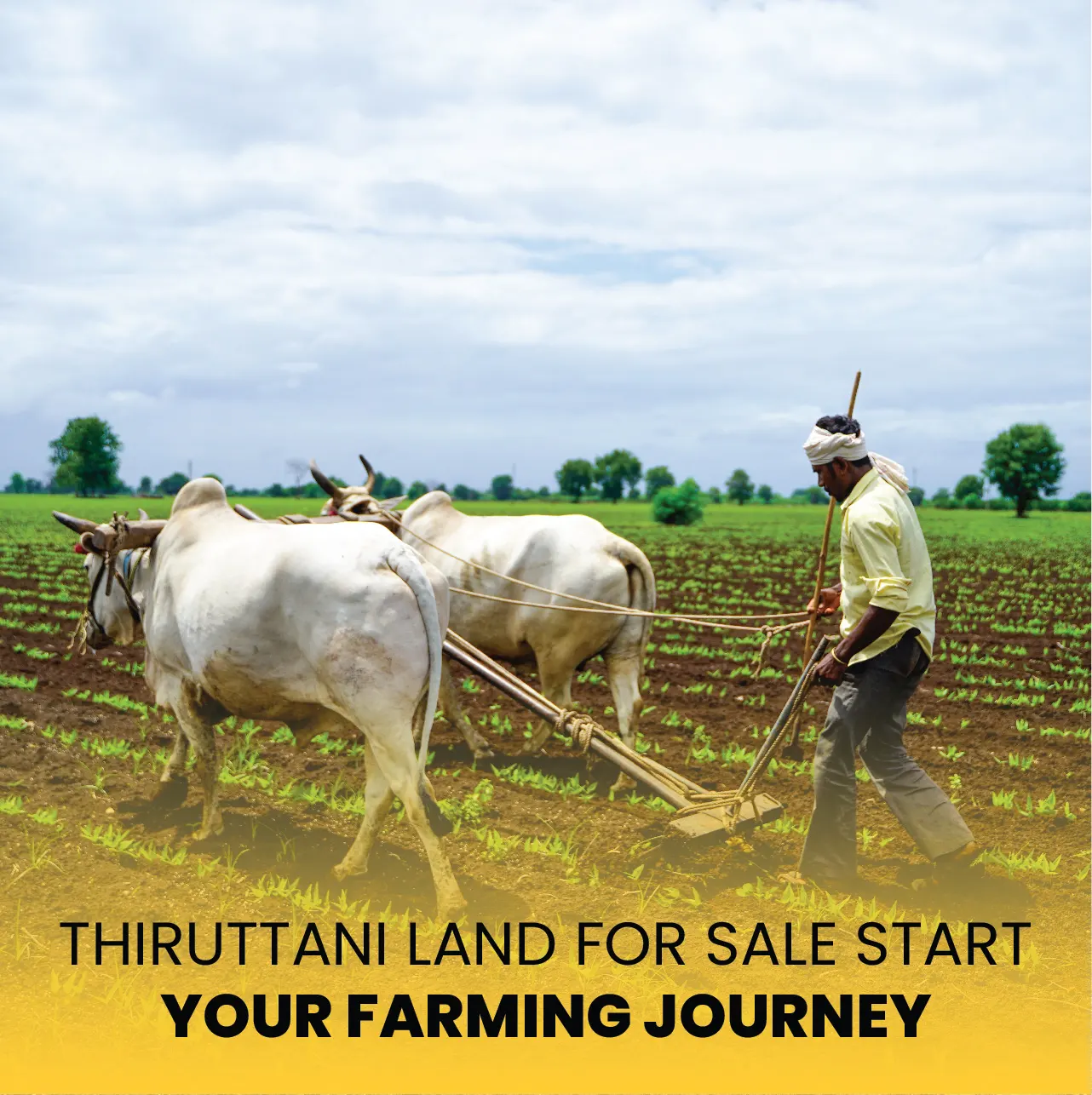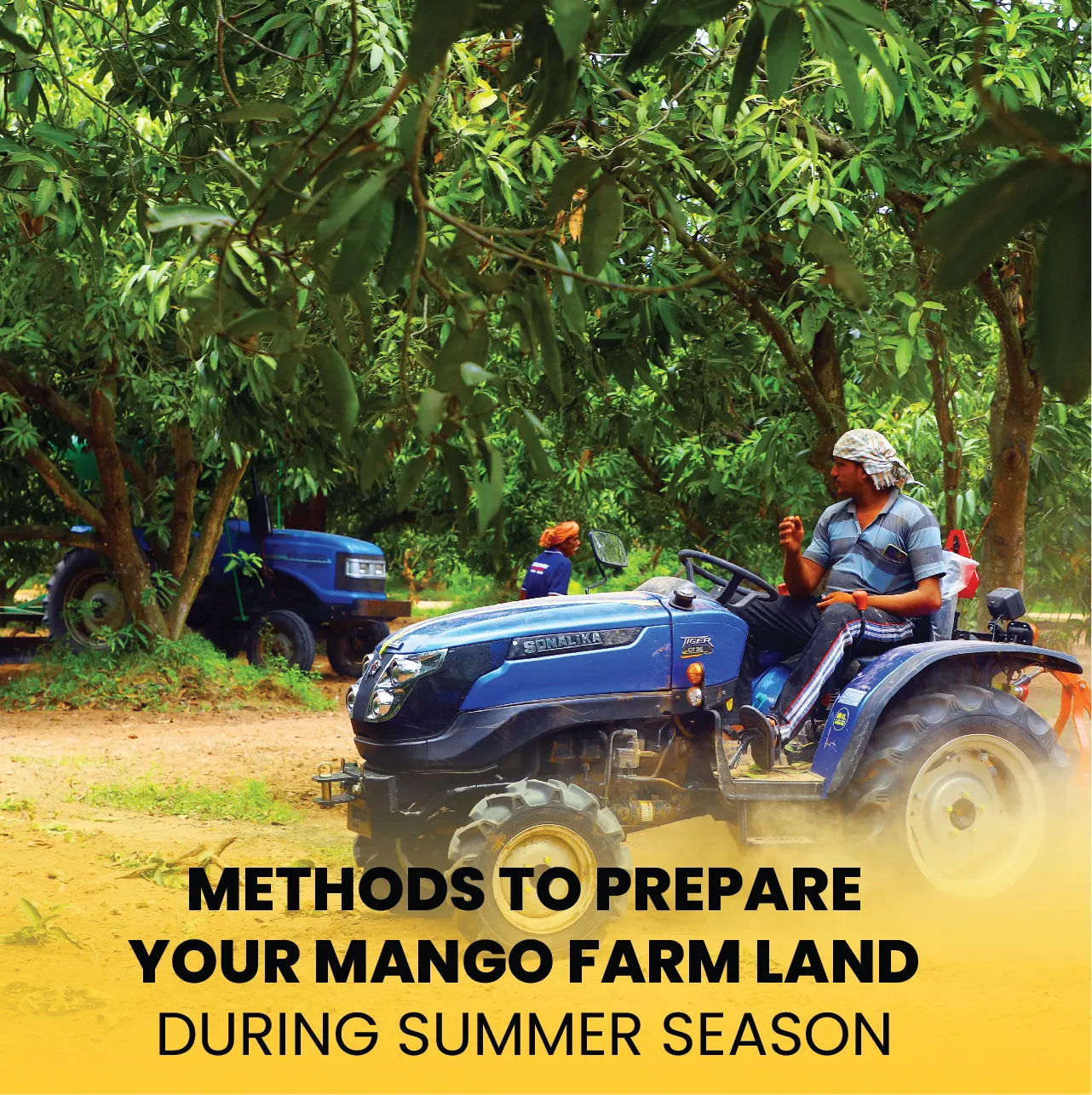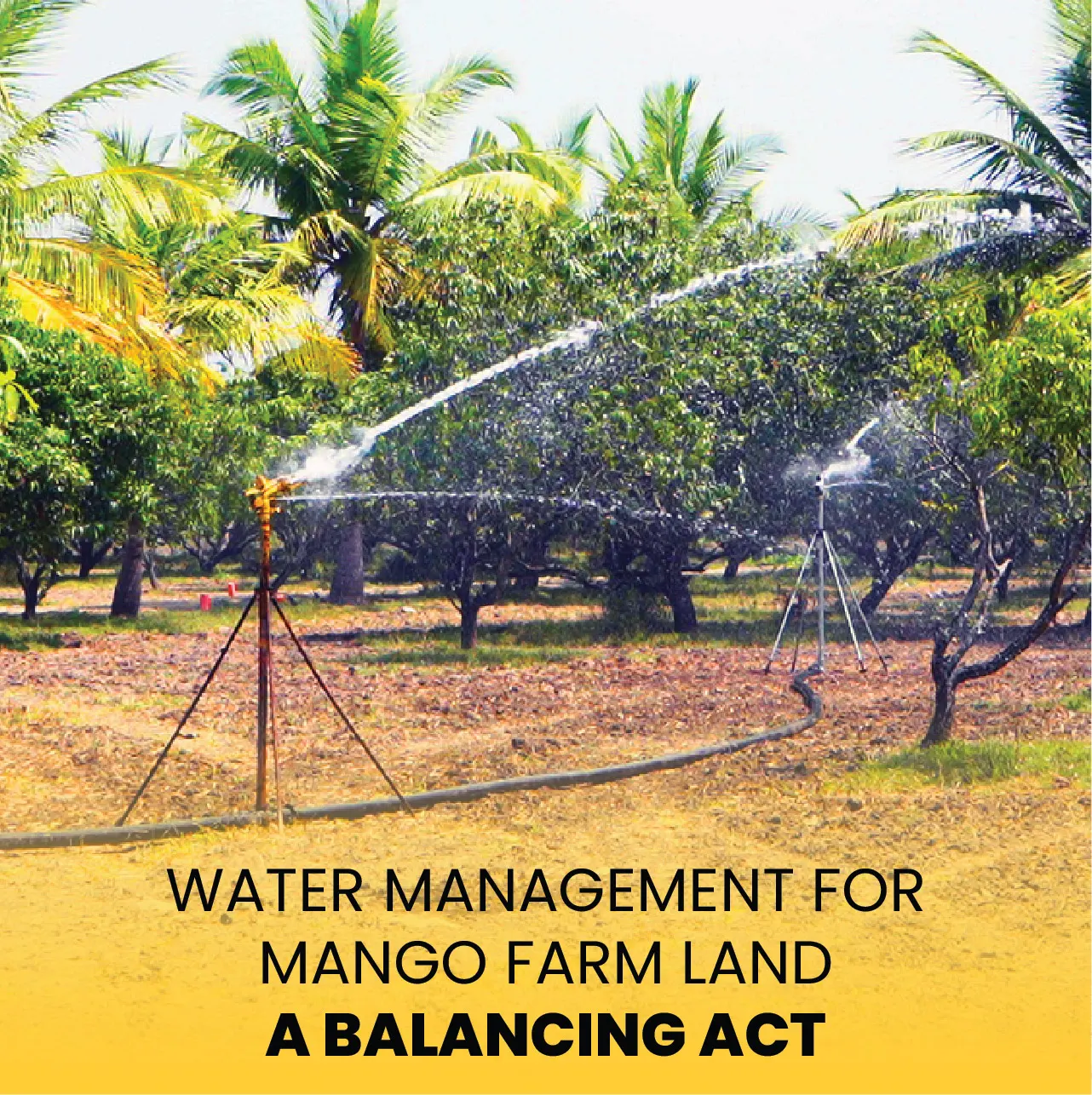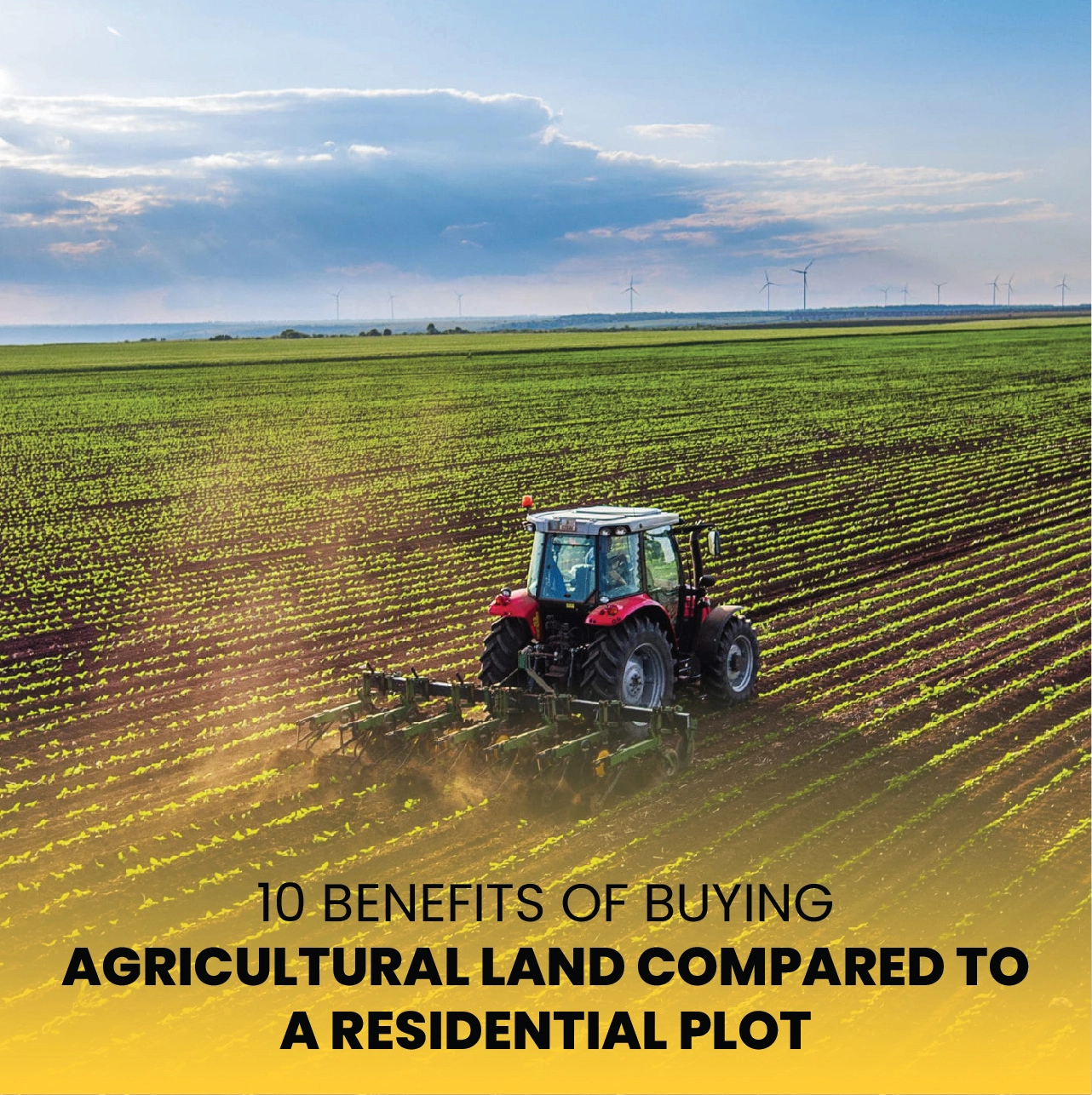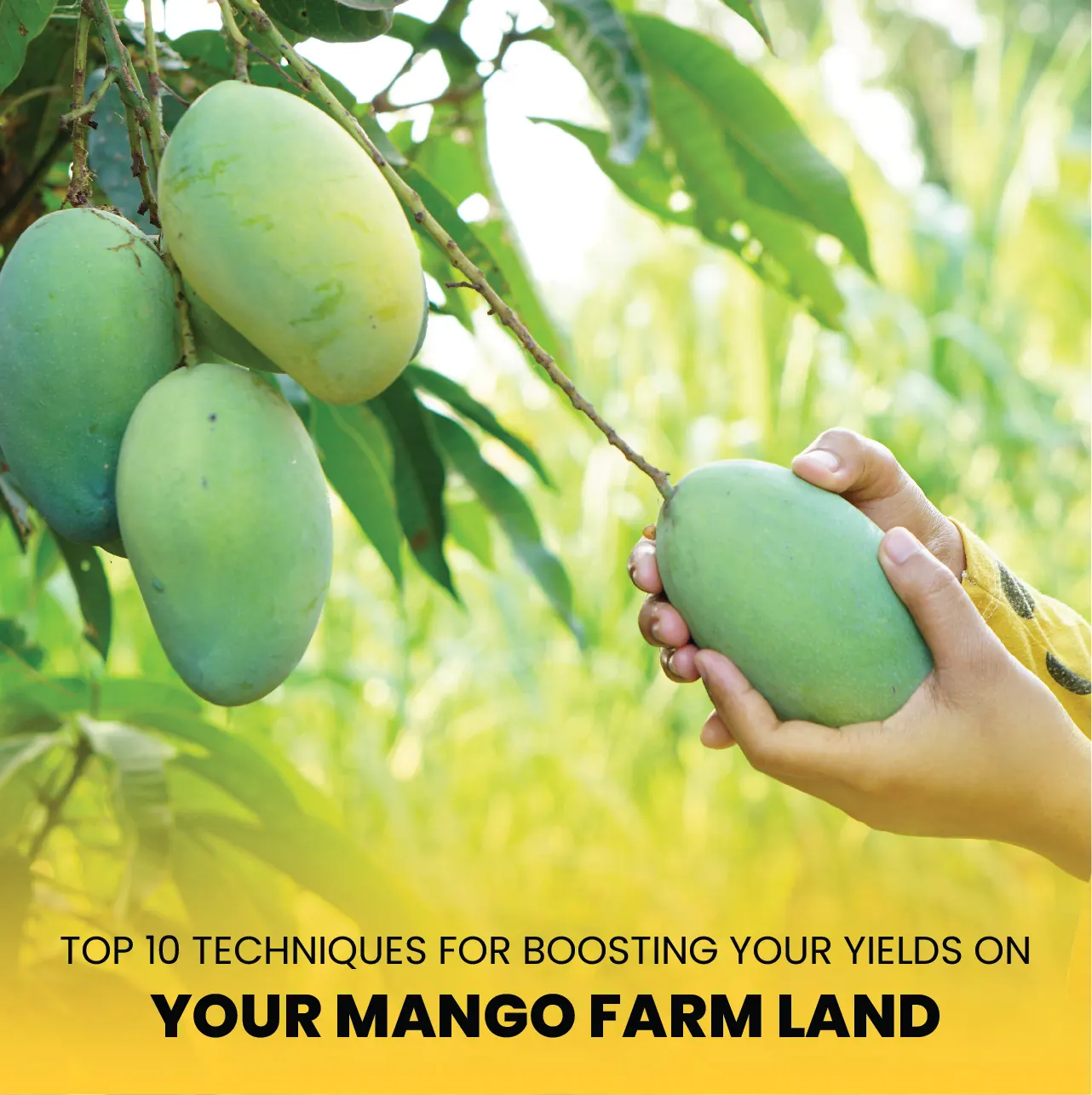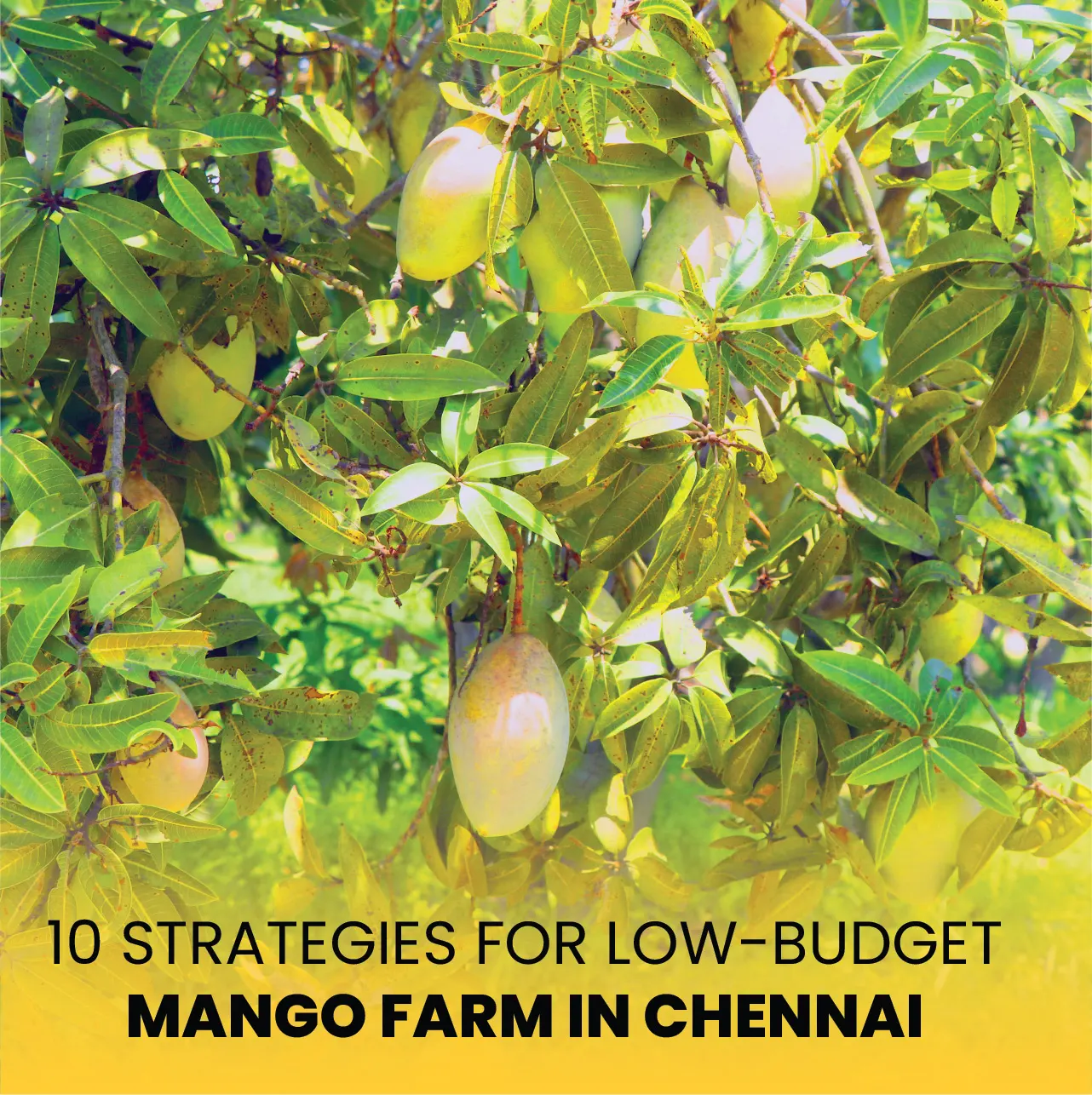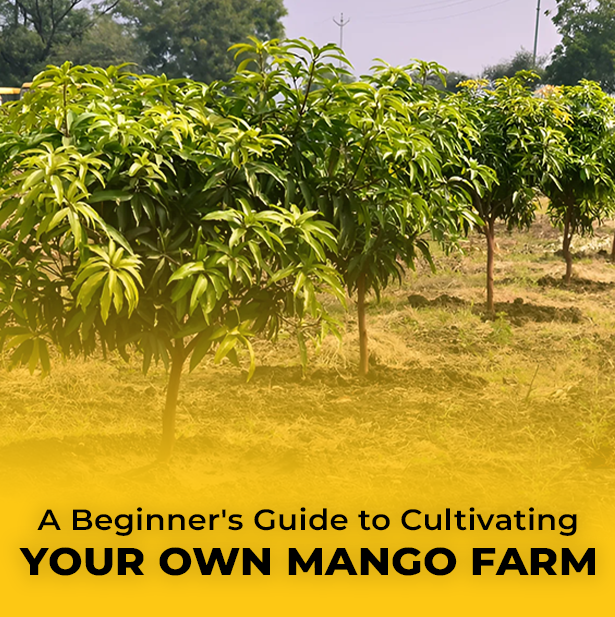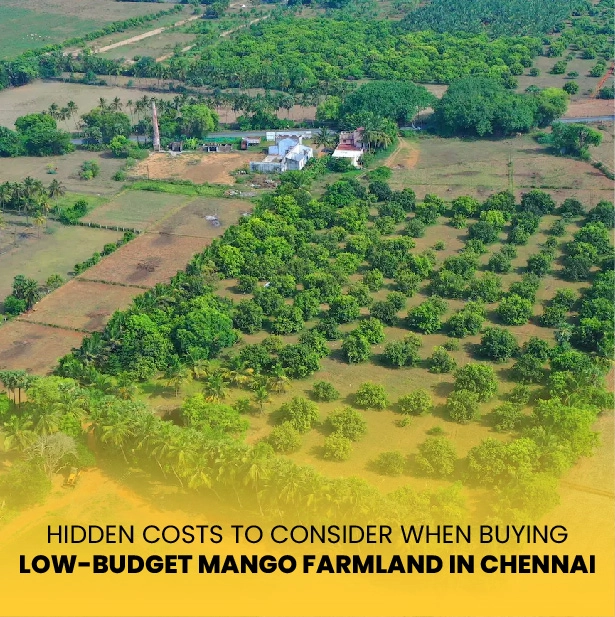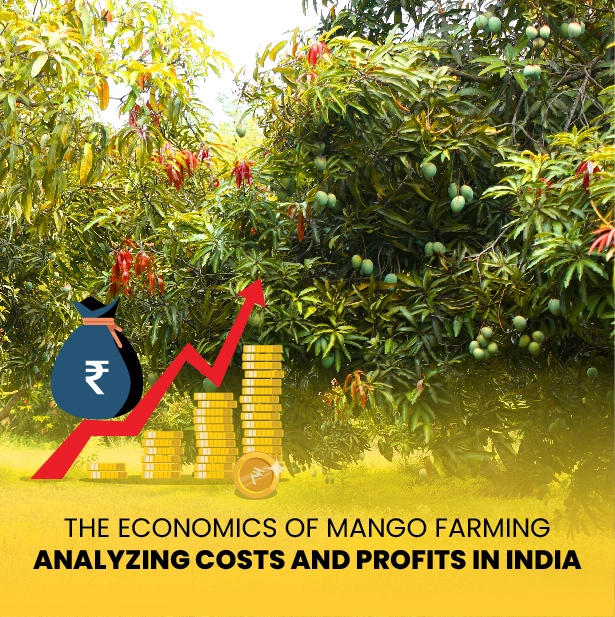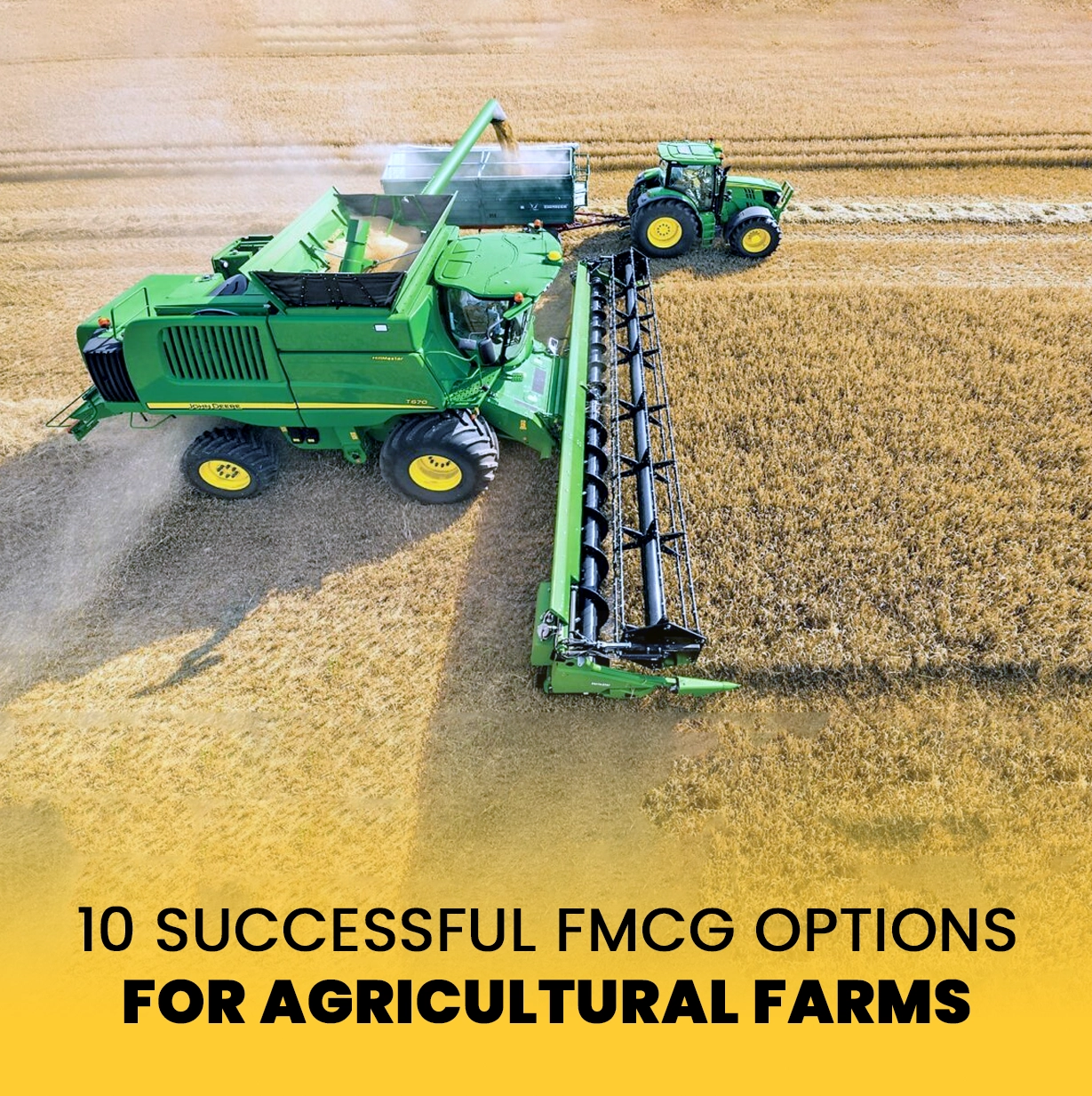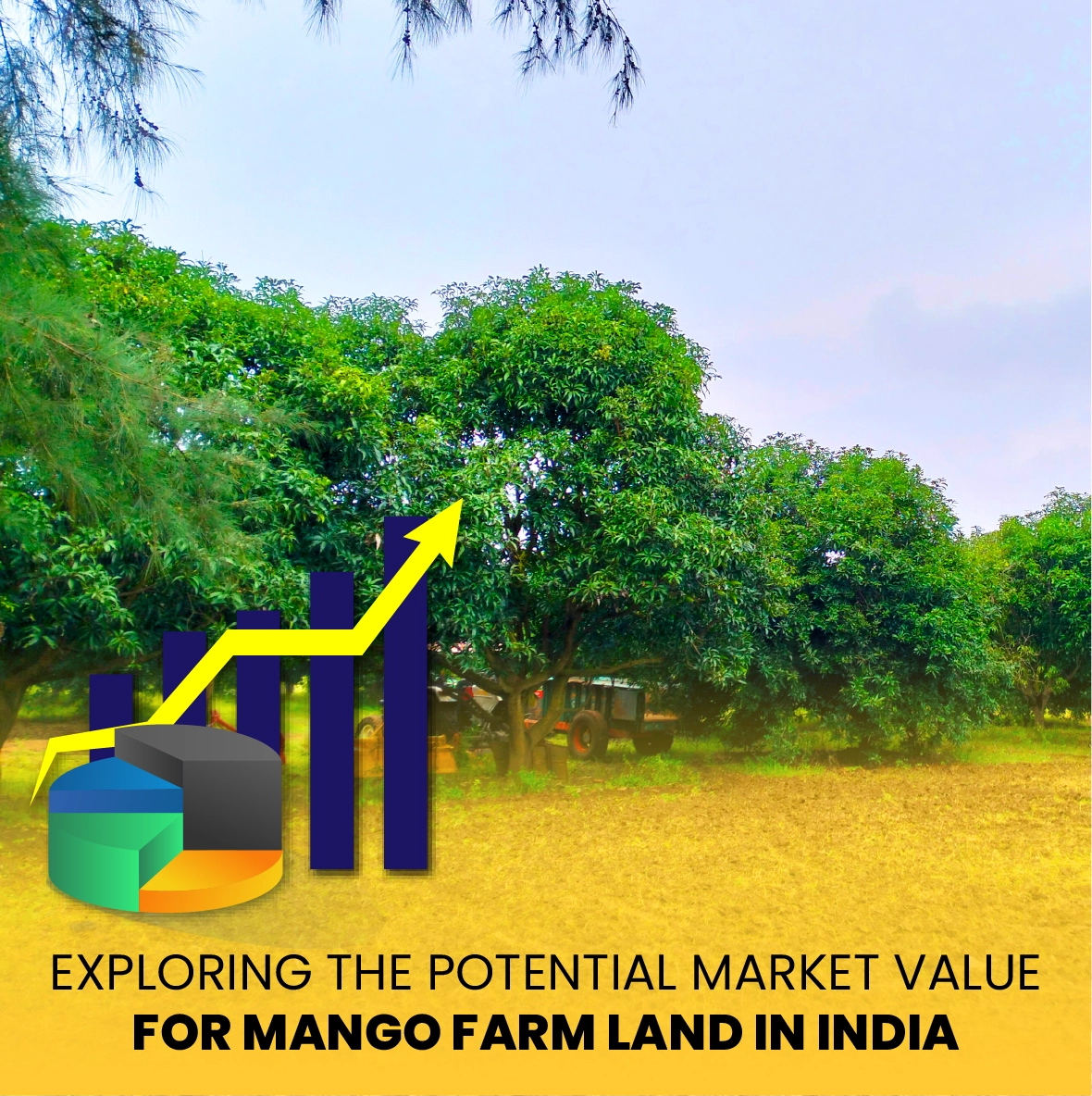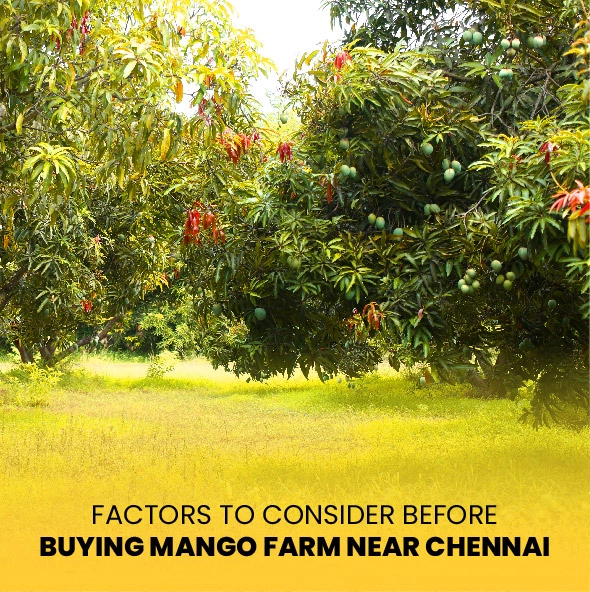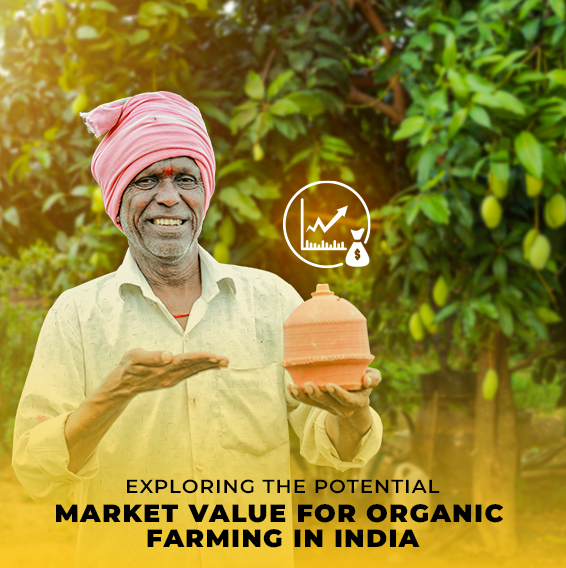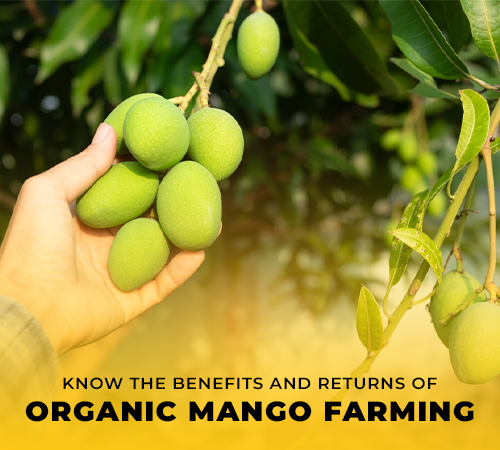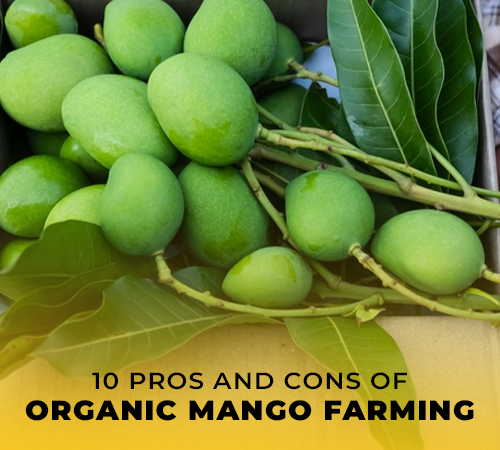M/S Holidays Mango farms blog guides you in choosing the right farmland, which is crucial for making farming profitable. This includes checking the health of the soil, the supply of water, the location, how simple it is to get to markets, and how well the climate fits the crop. Ensuring adherence to laws and the use of sustainable methods is also necessary. Whether you use standard farming methods, specialty crops, or organic farming, securing the right farmland is crucial for achieving the best fruit farms and generating long-term profits. If you know what you're doing, you can turn farmland into a profitable business that benefits the economy and the environment.

Assessing the soil quality is an important steps in selecting your farmland for profitable farming. First you can check the earth for nutrients, pH levels, and organic farming details. All of these things affect how well plants grow. To avoid waterlogging, look for dirt that is rich in nutrients and drains well. Make sure there aren't any contaminants or erosion problems, as these can lower output. Take into account the type of soil (loam, sandy, or clay), as each one is suitable for different plants. A professional soil test provides valuable information to help you make decisions that will enhance the longevity and success of your farming.
Evaluating water supplies is critical for profitable agriculture. Ensure that the agriculture has a reliable water supply, such as rivers, wells, or irrigation systems. Check the water quality for salinity, pH, and pollution, as these factors affect crop health. Analyze water availability throughout the year to minimize seasonal shortages. Consider the costs and infrastructure associated with water management, such as storage tanks or pipes. A consistent and sustainable water supply is critical to crop productivity and long-term development.
You can picking the right spot is essential for making farming profitable. Think about how close your crops are to markets, how simple it is to get to them, and what kind of weather they will need. Consider the area's infrastructure, such as roads and power, as these factors can significantly impact the costs associated with logistics and business operations. Stay away from places that often have natural disasters like storms or droughts. Learn about the local farming rules and practices, as they can significantly impact the efficiency of farming operations. A farm that is in a good location not only makes things easier, but it also makes your crops more marketable and increases your total profits.
Analyzing the climatic appropriateness of farmland is critical for determining the best location for profitable farming. Consider temperature, rainfall patterns, and humidity levels, all of which have a direct impact on crop development. Some crops thrive in certain climates, while others may struggle. Investigate historical weather data for the area to better understand probable climatic changes. In addition, evaluate seasonal fluctuations to determine whether the climate allows year-round farming. A favorable environment increases crop productivity while simultaneously reducing the need for costly interventions such as irrigation or climate control.
Prior to purchasing farmland, it is crucial to review the legality of the land. Verify the land's ownership title, look for encumbrances, and make sure it has all of the necessary legal papers. Look at zoning rules, land-use restrictions, and local agriculture policies. Examine any environmental legislation that may impact farming methods, such as water consumption or land conservation rules. Consulting with a legal specialist ensures a seamless transaction, avoids future legal challenges, and protects your investment.
When picking farms, it's important to think about how simple it is to get to markets. To make it easier to sell your goods and cut down on transportation costs, make sure the land is close to major transportation routes like highways and trains. It's easier to make more money when you're close to big markets, distribution areas, or processing units. Find out how popular your crops are and if there are any nearby competitors to estimate your profits. Putting your farm in the right place makes it easier for customers to get to, which will eventually help your farm's success.
Farmers who use ways that are beneficial for the environment not only help the earth, but they also make more money in the long run. Crop rotation, organic gardening, and saving water are all eco-friendly ways to make the land more fertile and lower the cost of inputs. Using methods that are beneficial for the environment can also help food by making it healthier and stronger. Using green growing methods can also help you sell your food in high-end stores where people care about the environment. It is possible to spend money on things that are good for the environment and make money for your farm.
Infrastructure for farming is essential for the smooth running of any farm. Think about how simple it is to get to things like water, power, and storage areas. Make sure the land has excellent roads, fences, and watering systems that work. If you want to grow your business, make sure that bigger facilities like stores and processing units are available. Having the right infrastructure helps with efficiency, cuts down on costs, and raises overall output. Properly equipped farmland will contribute to the success and longevity of your farming businesses.
For long-term success, farmers need to look into support methods. Investigate the agricultural extension services, training programs, and farming cooperatives in your area for assistance and tools. Support systems also give farmers access to professional help, crop insurance, and government grants, all of which can lower risks and boost output. Building relationships with other farmers and agricultural groups can also help you share information and tools. Using these methods can help you make your farm more productive, deal with new problems, and make the most money possible.
To make gardening profitable, you must strategize how to generate income. Before you spend, carefully calculate the costs of starting up, running the business, and the possible returns. Think about ways to get money, like loans, grants, or partnerships. Also, figure out your break-even point to make sure you can keep growing in the long run. To make a reasonable financial plan, you should think about market trends, crop cycles, and possible risks, such as changes in the weather or pest outbreaks.
To find better profitable farms, you need to carefully look at the soil, water, location, and how the market is changing. You can find agricultural land that meets your needs now and in the future by thinking about things like sustainability, the law, and infrastructure. If you want to be successful in the long run, you need to buy the right farmland, whether you are growing traditional crops or specialty crops.
